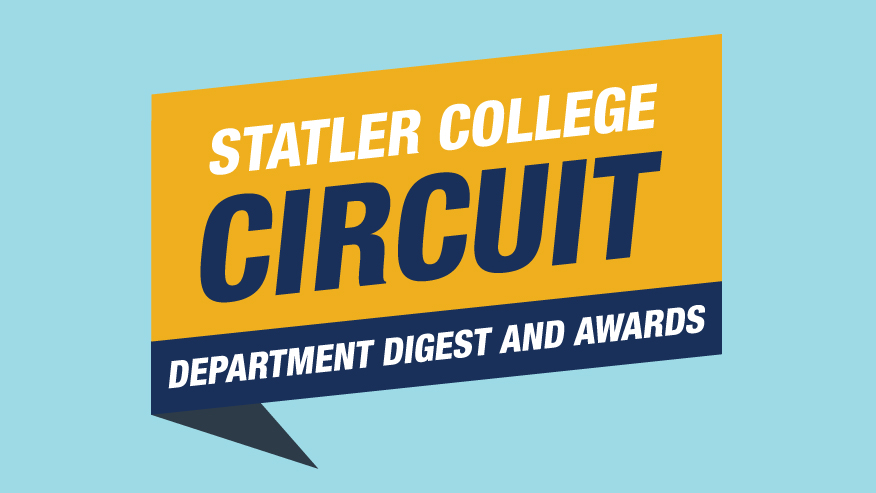WVU robotics doctoral research earns recognition at prestigious international conference
Researchers at West Virginia University are making strides once again in robotics, one of the fastest-growing disciplines in the Benjamin M. Statler College of Engineering and Mineral Resources.
